
Becoming Reparative Communities
By Terence Lester, PhD
(Editor’s note: This is the final piece of our 4-part series on economic injustice. You can find Part 1 here, Part 2 here, and Part 3 here. In this final piece, Dr.
This Online Articles area (formerly our Library) gathers reflections, op-eds, and essays that engage the pressing questions of faith, justice, and public life. Here, you’ll find hundreds of thoughtful and engaging pieces from scholars, practitioners, and everyday Christians — leaders and writers who bring fresh insight and faithful imagination. These articles are meant to spark deeper discipleship, fuel courageous action, and equip the church to embody the gospel in a complex world. We invite you to explore, learn, and join the ongoing conversation toward a fuller expression of Christian faithfulness and a more just society.
Subscribe to the CSA Newsletter
CSA’s free weekly publication, a carefully curated collection of original articles at the intersection of spiritual formation and social action.

By Terence Lester, PhD
(Editor’s note: This is the final piece of our 4-part series on economic injustice. You can find Part 1 here, Part 2 here, and Part 3 here. In this final piece, Dr.
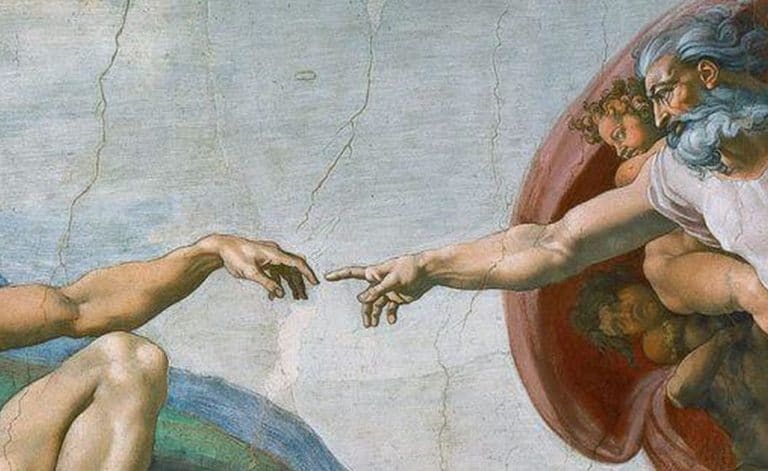
Reviewed by Matthew Watson
In her new curriculum, theologian Dr. Megan DeFranza shows herself to be a master storyteller, thoughtfully introducing and weaving the stories of those who do not fit the male-female gender binary.
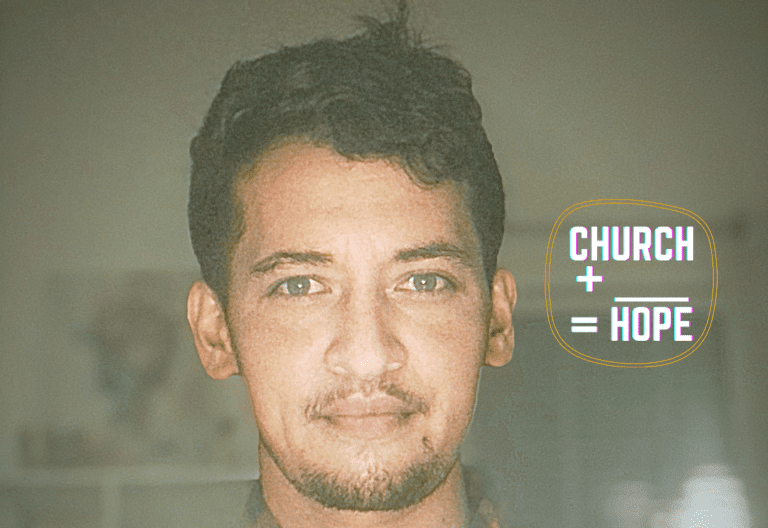
By Myles Markham
When I look at the church, what gives me hope?
Candidly, I haven’t experienced a lot of hope for the church lately. I’m in a season where it would seem that even progressive mainline traditions are stifling the work of God with bureaucracy, allegiance to hierarchy, and trying to resuscitate things that maybe just need to die before they can be truly resurrected.
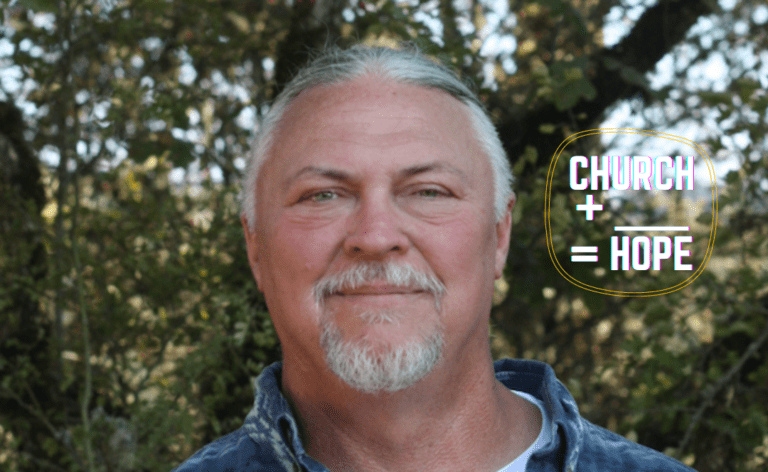
By Randy Woodley
When I look at the church, what gives me hope?
When I look at the church, what gives me hope is the trend of openness to hear voices different from themselves.
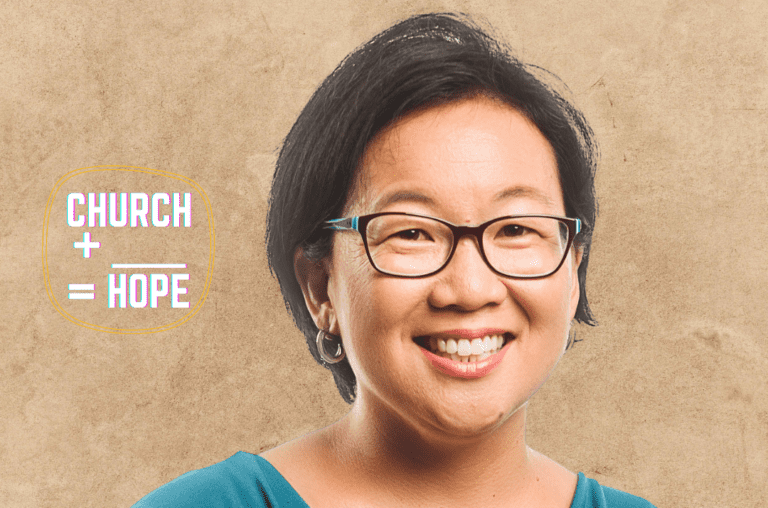
By Nikki Toyama-Szeto
When I look at the church, what gives me hope?
The church plus God’s faithfulness give me hope. As I look at the story of God, and see the ways that God works for justice, particularly on behalf of the vulnerable, that gives me hope.
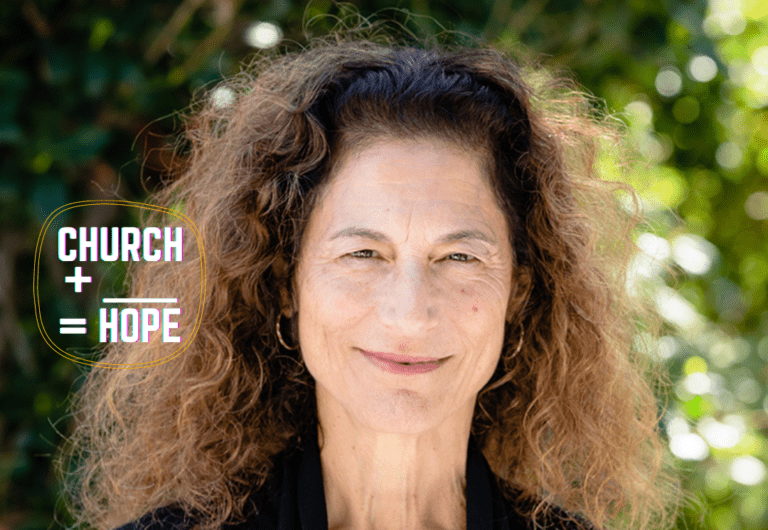
By Alexia Salvatierra
When I look at the church, what gives me hope?
What gives me hope is the vision of Latinx Millennial Christian leaders in the US and Latin America. Their visions for the church that they want to belong to and help create are so beautiful—true community, dedicated to loving each other and their neighborhood, committed to deep honesty with mutual grace, standing up for justice, creative and entrepreneurial for the gospel and the Way of Christ.
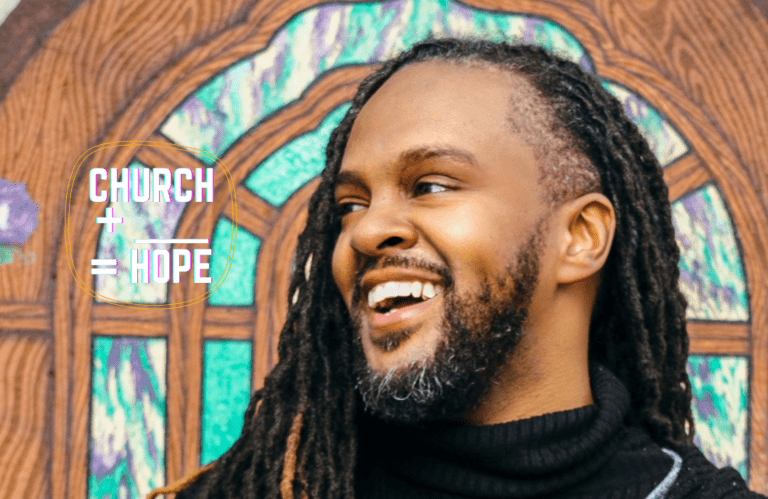
By Darren Calhoun
When I look at the church, what gives me hope?
Two things are true: The Church will survive no matter what, and the institutional church may not survive how we know it.
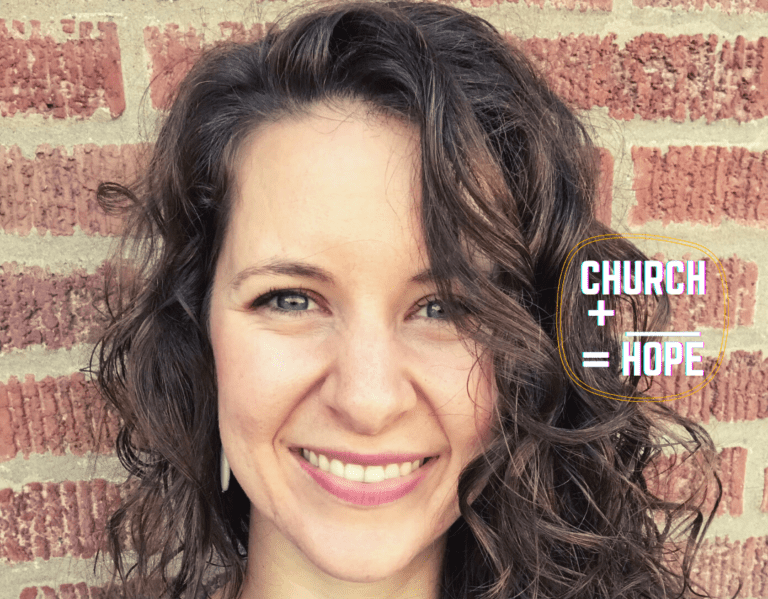
By Lauren Grubaugh
When I look at the church, what gives me hope?
St. Teresa of Ávila once said that clarity is freedom. The apocalypses of our own day can have a distilling effect for the Church, clarifying the Way: through justice, to liberation; through Christ, for all.
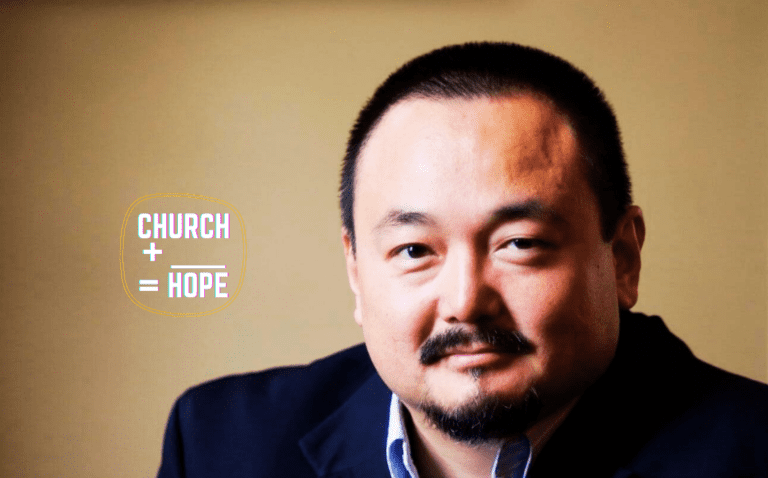
By Soong-Chan Rah
When I look at the church, what gives me hope?
Hope arises when I hear the voices of those who had previously been silenced or marginalized cry out from the depths.
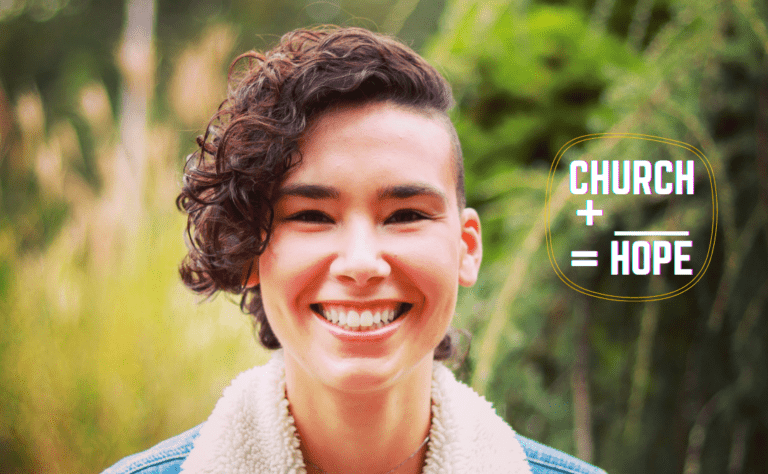
By Bridget Eileen Rivera
When I look at the church, what gives me hope?
When I look at the church, I see women stepping up as leaders and holding their brothers to account; I see people of color reminding the world of God’s justice and calling the church to repentance; I see queer people persevering in the faith and living in the safety of God’s love; and I see a global body of Christ that is so much bigger than Western culture.
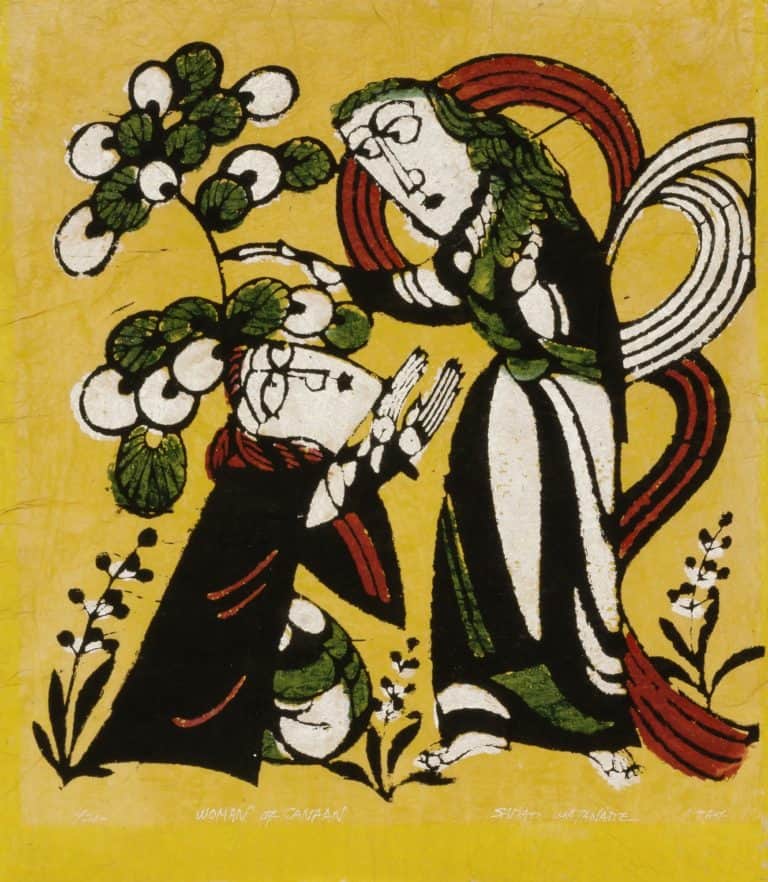
By Whitney Bauck
In the book Art and Soul: Signposts for Christians in the Arts, authors Hilary Brand and Adrienne Chaplin draw a parallel between modern-day art museums and religious shrines: “Go inside any gallery and the atmosphere is hushed and reverent.
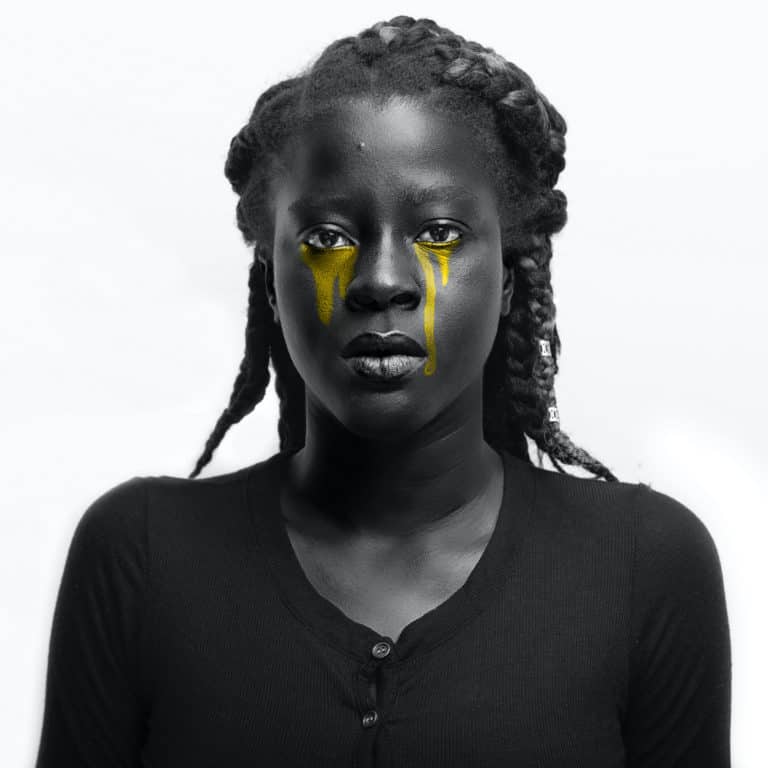
By Rob Dalrymple
When a pastor spotted this line in a prayer, he used it to spark a controversy about “hate” that missed key lessons about “prayer.” This article helps us understand prayer in a way that is particularly relevant for those advocating for justice.

By James A. Cates
A review of No Longer Strangers by Gregory Coles
We all want to be “me.” Unique. Different from everyone else. But not too different. Not so different that others might see us as eccentric.

By Gregory Coles
The genius of Christian unity, of the body of Christ acting like a body composed of different parts, is that we become wiser and more whole in fellowship with each other. Our tensions, like tendons, make us able to reach in multiple directions without tearing apart.

By Robert Chao Romero
To foster racial reconciliation, structural reform, and constructive dialogue, I present here a framework of Critical Race Theory in Christianity.
1. Community Cultural Wealth and Social Justice. From a biblical vantage point, every ethnic group of the world possesses distinct, God-given, cultural treasure/wealth.

By Robert Chao Romero
As a practical response to the spiritual borderlands of institutional Christianity and Ethnic Studies, I propose a new academic project—that of Critical Race Theory in Christianity. To those who may be unfamiliar, Critical Race Theory (CRT) examines the intersection of race, racism, and U.S.

By Robert Chao Romero
Author’s note: Critical Race Theory has been the subject of much controversy in some Christian circles. As a follower of Christ, pastor, and professor of Critical Race Theory at UCLA, I feel that it is important for me to chime in, because much of the controversy flows from misunderstanding.